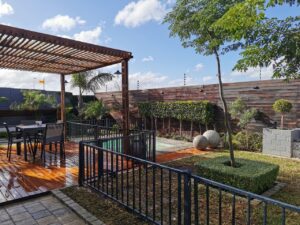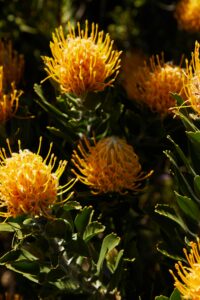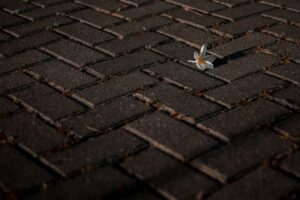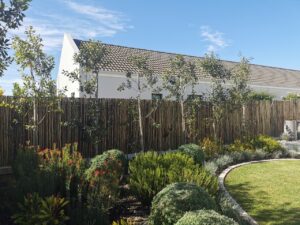Harden Your Garden for the Hottest Months
The Cape Town summer is beautiful, but the combination of intense sun and dry weather puts massive strain on your garden. Effective preparation is the difference between plants that wilt and plants that thrive. This checklist focuses on maximum efficiency and water conservation.
1. Apply a Thick Layer of Mulch (The Water Lock)
Mulching is the single most effective action you can take before summer hits. It acts as a blanket, shielding the soil from direct sun and wind.
- Material: Use organic materials like wood chips, bark, or straw. For Fynbos, use pine bark/pine needles.
- Depth: Aim for a minimum of 5-7cm (2-3 inches) thickness across all beds.
- Technique: Keep the mulch a few centimetres away from the base of plant stems and tree trunks to prevent rot and pest nesting.
2. Conduct a Full Irrigation System Audit
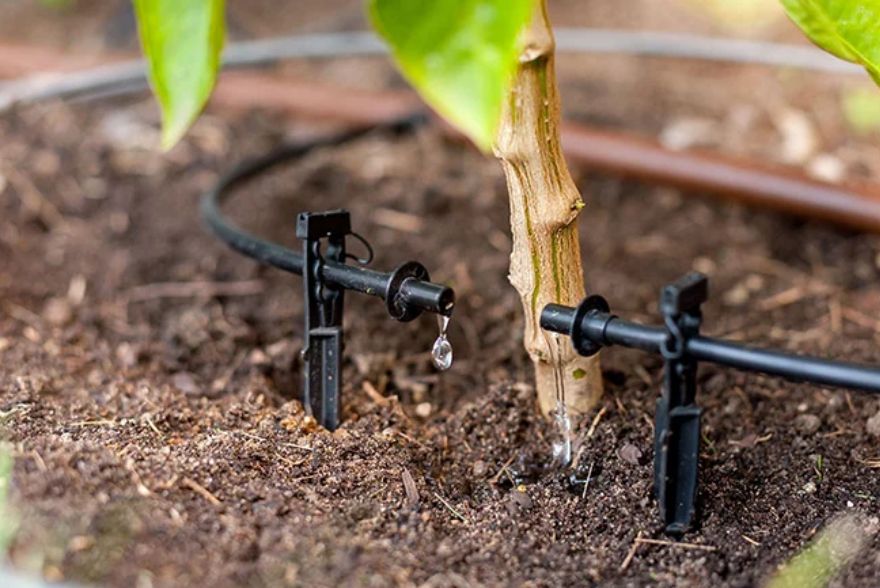
Leaky or inefficient systems waste water and stress your plants. Use this time to maximise every drop.
- Check for Leaks: Run the system and look for obvious leaks, geysers, or broken sprinkler heads.
- Adjust Timers: Move watering sessions to the early morning (4 am – 6 am) to minimise evaporation during the day.
- Focus on Deep Watering: Water deeply and infrequently to encourage plants to grow strong, drought-resistant roots, rather than shallowly every day.
3. Strategic Pruning to Reduce Stress
While heavy pruning is done in winter, light strategic pruning now is essential.
- Remove Damaged Growth: Cut off any dead, diseased, or crossing branches that waste the plant’s energy.
- Reduce Canopy: For some non-fynbos shrubs, slightly thin the canopy to reduce the total leaf surface area that requires water.
- Tidy Up: Deadhead spent flowers to redirect the plant’s energy from seed production back into root and leaf health.
4. Intensify Pest and Disease Monitoring
The dry, hot conditions of summer are prime time for certain pests, especially Red Spider Mites and Aphids which thrive in dry air.
- Weekly Inspection: Check the undersides of leaves; this is where pests hide.
- Organic Treatment: Treat early with natural solutions like Neem Oil spray or a strong jet of water before infestations become severe.
- Improve Airflow: Thin out dense growth in shady areas to reduce the risk of fungal diseases like powdery mildew.
5. Give Your Soil a Balanced Boost
Before the real heat hits, give your plants a final, balanced feed to strengthen them for the coming stress.
- Type: Use a balanced, slow-release fertiliser or a liquid feed rich in Potassium (K) to help plants resist heat stress.
- Lawns: Give lawns a final feed with a low-Nitrogen, high-Potassium fertiliser to promote root strength over top growth.

